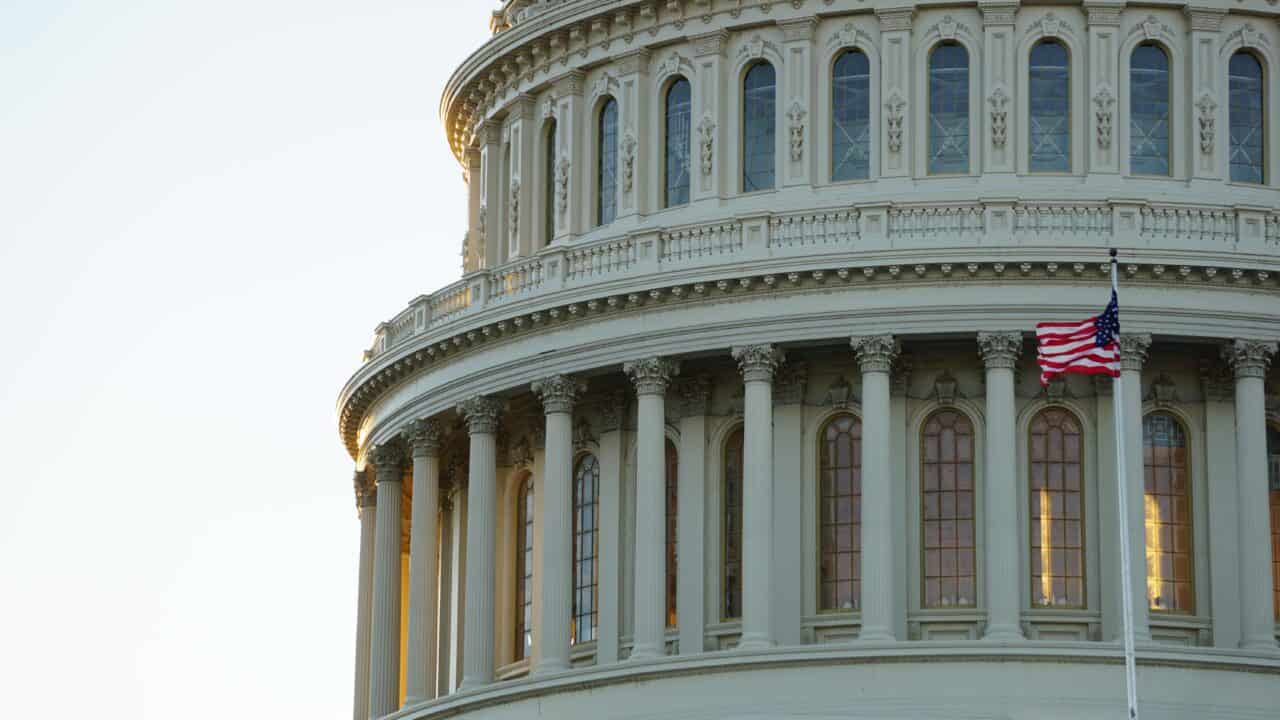 Photo by Ian Hutchinson on Unsplash
Photo by Ian Hutchinson on Unsplash
This weekend, Speaker Kevin McCarthy (R-Calif.), House Republican leadership, and President Biden settled on a 99-page debt-ceiling deal. The bill, formally introduced as the Fiscal Responsibility Act (FRA) in the House, consists of numerous, significant wins for conservative priorities.
While the deal does not go as far as Republicans’ Limit, Save, Grow Act(H.R. 2811), it is a crucial step in the right direction. Fortunately, the bill does not include any tax hikes or leftist priorities.
Enumerated below is a list of the most significant wins in the FRA:
- Rescinds IRS Funding
The FRA rescinds approximately $1.4 billion in IRS audit funding in Fiscal Year (FY) 2023. This is an elimination of the entire additional enforcement funding allocated for this year by the disastrous Inflation Reduction Act. While ATR supports rescinding a significantly larger chunk of the $80 billion appropriated to the IRS, this provision will nonetheless protect taxpayers from unnecessary harassment. Under the agreement, about $20 billion would be cut from the IRS slush fund to be used towards the FY 2024 and FY 2025 appropriations process and non-defense priorities.
2. Ends Biden’s Student Loan Payment Pause
The FRA would end the moratorium on student loan repayments. The pause on student loan payments has already cost taxpayers up to $180 billion, and an additional $4 to $5 billion each month it continues. The pause subsidizes high-income Americans, as the top 20 percent of households currently hold $3 in student loan debt for every $1 of debt held by the bottom 20 percent of earners. This spending is unsustainable and irrational.
3. Imposes Spending Caps
The FRA establishes caps on discretionary spending for FY 2024 and 2025. In 2024, the defense limit would be set at $868.35 billion and the nondefense limit would be set at $710.69 billion. In 2025, spending growth is limited to 1 percent.
4. Rescinds Unspent COVID Funds
The FRA would rescind roughly $28 billion in unspent COVID funds, made available to over 120 accounts in Democrats’ American Rescue Plan (ARP).
5. Across the board budget cuts if Congress punts with an “omnibus” or Continuing Resolution and fails to pass all 12 appropriations bills through the House and Senate.
If the House and Senate fail to do their job of enacting the 12 appropriations bills in FY 2024 or 2025, and decides to enact a CR, there will be an automatic 1 percent spending cut for defense budgets and a 1 percent spending cut for nondefense budgets. This will incentivize members to fulfill their legislative duties and prevent the swamp from larding up enormous “omnibus” spending bills.
6. National Environmental Policy Act (NEPA) Permitting Reform to curb environmental radicals
The FRA makes reforms to NEPA by streamlining project reviews to prevent delays, implementing limits on what qualifies as a “major federal action,” and making it harder for leftwing environmental radicals to file frivolous lawsuits to stop projects.
7. Strengthens Work Requirements for Supplemental Nutrition Assistance Program (SNAP)
The FRA would strengthen work requirements for SNAP recipients. The bill would expand who is subject to work requirement from able-bodied adults without dependents (ABAWD) aged 18–49 to ABAWDs aged 18–54-year-olds. Further, states are currently allowed to exempt 12 percent of ABAWDs from work requirements; the FRA would reduce that to 8 percent.
8. Incentivizes Better Work Outcomes for Temporary Assistance for Needy Families (TANF) Recipients
The FRA would implement a few reforms to TANF. The bill would recalibrate the credit states receive for reducing their TANF caseload, would create a pilot program encouraging greater work outcomes for recipients, and would require the Department of Health and Human Services (HHS) to collect data to measure the effectiveness of TANF. The bill would also eliminate the small checks scheme, a method states use to artificially meet their required work participation rate.
9. Implements Administrative PAYGO
The FRA would rein in spending by federal agencies through a statutory “Administrative PAYGO.” This provision would require federal agencies to offset new costs in regulations with cost savings elsewhere. If there is a violation, the Government Accountability Office (GAO) would flag it and Congress would then vote on the regulation.
10. Expedites the Completion of the Mountain Valley Pipeline
The FRA would expedite the completion of the Mountain Valley Pipeline by ratifying and approving all authorizations, permits, verifications, extensions, biological opinions, and more needed for construction.
11. Establishes Senate Point of Order for Advance Appropriations
For FY 2024 and 2025, Senators may raise a point of order on consideration of “advance appropriations” for discretionary funds, barring certain exceptions. Advance appropriations are “made to become available one year or more beyond the year for which the appropriations act is passed.” This will keep Congress focusing on fiscal responsibility for the here and now.

